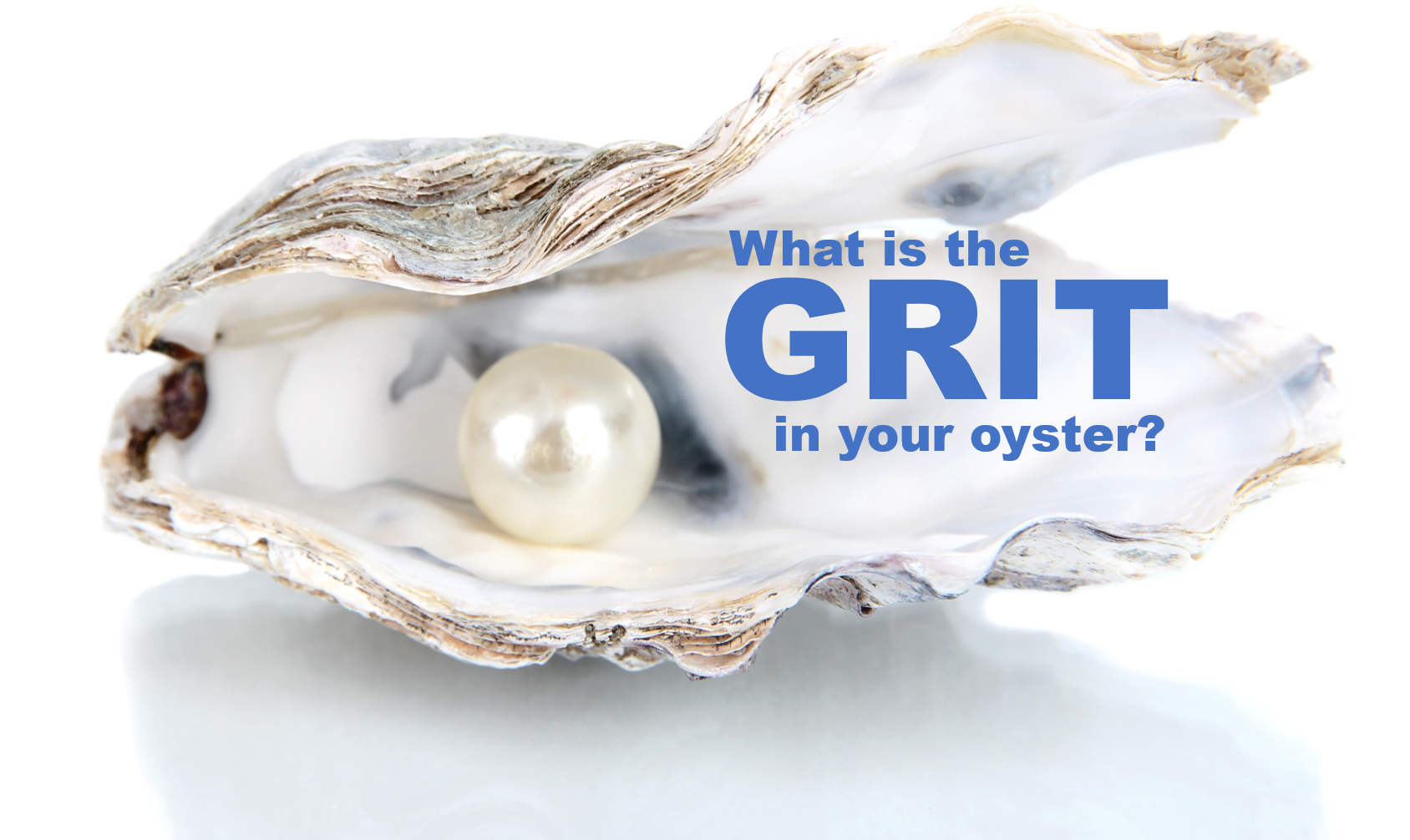Dogged pursuit of our goals is what sets winners apart from the also rans. Developing mental toughness isn’t just about being resilient. It’s not just about enduring. It’s also about training yourself to access your reserve tank when you think you just can’t go any further.
I attended a seminar hosted by 22squared which featured the author, entrepreneur, music lover, and ultra marathoner, Jesse Itzler. His high energy presentation talked about how you can develop your grit.
We all think we know our limits. Whether you’re pushing your body, mind, or spirit, there’s always that moment when you feel like tapping out. We think we know our limits, but in fact, we lie. To get past that point, Jesse explains a perspective-altering rule he learned from a Navy SEAL who came to live with for a month:
He would say that when your mind is telling you you’re done, you’re really only 40 percent done. And he had a motto: If it doesn’t suck, we don’t do it. And that was his way of every day forcing us to get uncomfortable to figure out what our baseline was and what our comfort level was and just turning it upside down. We all have that will. It’s just a matter of how we apply it not just to the once-a-year marathon, but to a variety of things in our daily lives.
Mental blocks take many forms:
- The rational arguments (“I don’t want to injure myself” or “no need to over do it”)
- The empathetic encouragement from a spouse, friend, or co-worker (“come here and rest” or “it’s okay not to finish”)
- It can take the form of entitlement (“I earned a little rest and relaxation”) or self-doubt (“I can’t do any more”)
- It is often accompanied by justifications that give up the control of what you think about your efforts to others (“My boss will understand how hard this is” or “Everyone knows that I did everything I could”)
- Sometimes we throw in the lame excuse in the mix (traffic, weather, you choose)
- And sometimes we throw in the unhelpful or incomplete comparison (“I have done more than everyone else”)
These mental blocks - when your brain taps you on your shoulder reminding you of your discomfort and pointing you towards the exit - can occur anytime your goal isn’t bigger than your obstacles or your love of comfort (literally your comfort, or your comfort zone, figuratively).
To achieve our best we have to tamp down our inner sloth of laziness, the inner gremlin of criticism, and the ever-helpful voice in our heads that wants you to wrap us in bubble wrap to protect us from the bruises of effort. Instead, surprise them all with our resolve. Remind them that you aren’t fragile. Turn that resolve into actions. Actions of how we spend our time, our money, and our energy to accomplish really amazing things reserved for those who put in the effort.
The next time you feel like giving up, slacking off, or tapping out, instead retire your bubble wrap and realize you’ve still got 60 percent left.
You can find Jesse’s New York Times best-selling book, Living with a Seal: 31 days training with the toughest man on the planet, at your favorite reseller. Mine is on order.
This article was originally published on LinkedIn Pulse.




